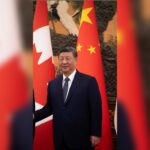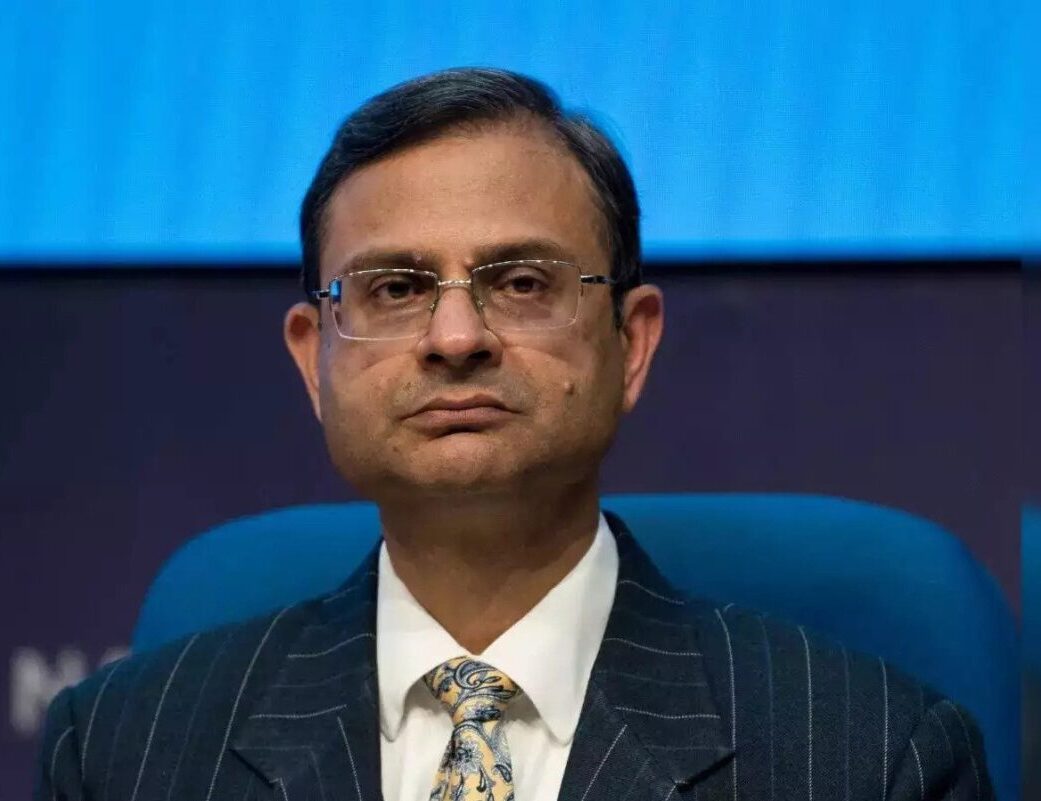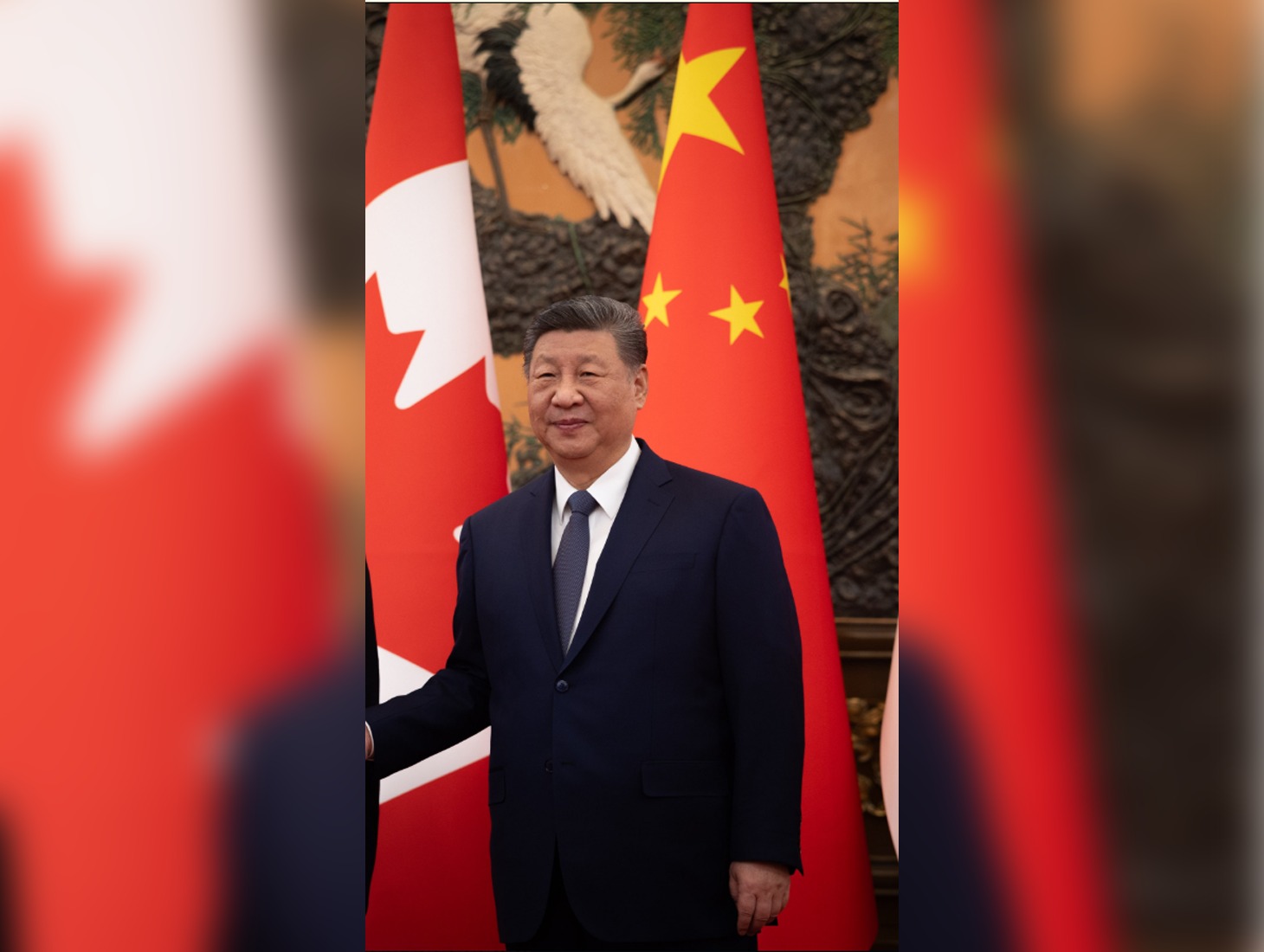Home loans likely to get cheaper
The North News
Mumbai, April 9
The Reserve Bank of India(RBI) cut its benchmark interest rate for a second consecutive time, joining a growing list of global central banks responding to mounting economic risks from trade tensions and market volatility. The Monetary Policy Committee, led by RBI Governor Sanjay Malhotra, reduced the repo rate by 25 basis points to 6 percent on Wednesday after a three-day policy review. The move follows a similar cut in February and reflects growing concern over the macroeconomic fallout from escalating global protectionism and weakening external demand.
“After a detailed assessment of evolving macroeconomic and financial conditions, the MPC voted unanimously to reduce the policy repo rate with immediate effect,” Malhotra said at a press briefing in Mumbai. “Uncertainty in itself dampens growth by affecting investment and spending decisions across the economy.”
The decision comes as central banks around the world attempt to balance elevated inflation with sluggish growth. The RBI cited significant downside risks to global growth, stemming from trade frictions, retaliatory tariffs, and fragile financial markets. These factors, it warned, may derail global disinflation efforts and complicate the outlook for monetary easing.
Global economic growth is facing increasing pressure as a wave of protectionist tariffs and rising policy uncertainty fuel fears of a broader slowdown, the Reserve Bank of India (RBI) said in a policy report on Wednesday.
The RBI warned that sweeping tariff actions by the United States, followed by retaliatory measures from other countries, risk escalating into a full-scale trade war that could disrupt global supply chains and stall ongoing efforts to ease inflation.
“Disruptions to supply chains may further hinder the disinflation process, delaying the easing of monetary policy,” the central bank said, adding that emerging market economies (EMEs) face added risks including capital outflows, rising risk premiums and growing external vulnerabilities.
Financial markets, already reeling from trade-related uncertainty, could be seeing just the beginning of turbulence. A recent rout in global equities, the RBI noted, may be an early signal of more volatility to come as investors react to shifting trade and monetary policy landscapes.
The global economy is now expanding below its long-term average, with near-term prospects clouded by the impact of reciprocal tariffs. Inflation remains above target in many economies, driven by persistent price pressures in services and core components, even as some central banks ease monetary policy.
However, policy divergence among major economies has increased, adding to market uncertainty. Global financial markets have swung sharply in recent weeks, as investors adopt a risk-off stance in response to evolving central bank strategies and trade disputes.
Equity markets, which had rallied on the back of expected tax reforms and robust U.S. data, experienced a notable correction in March and early April. Bond yields fell and the U.S. dollar weakened during the first quarter of 2025, as renewed tariff concerns intensified fears of a global slowdown.
















